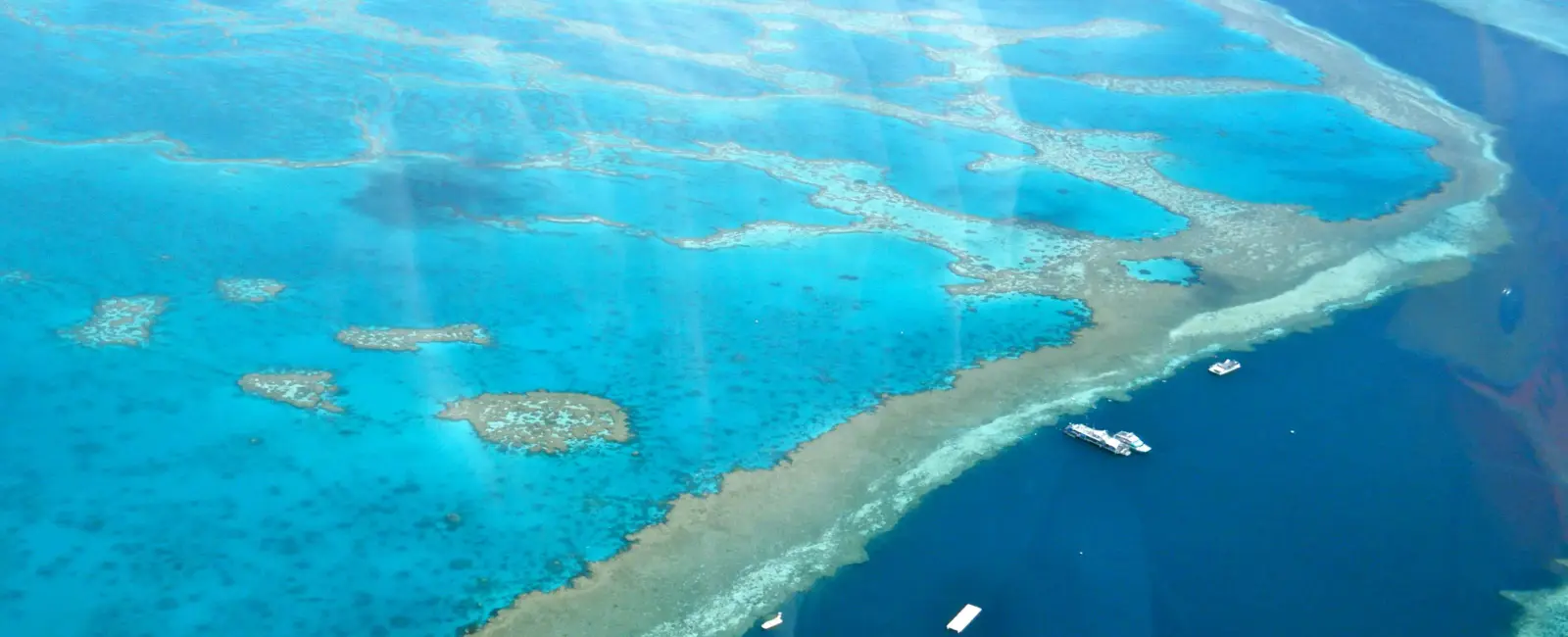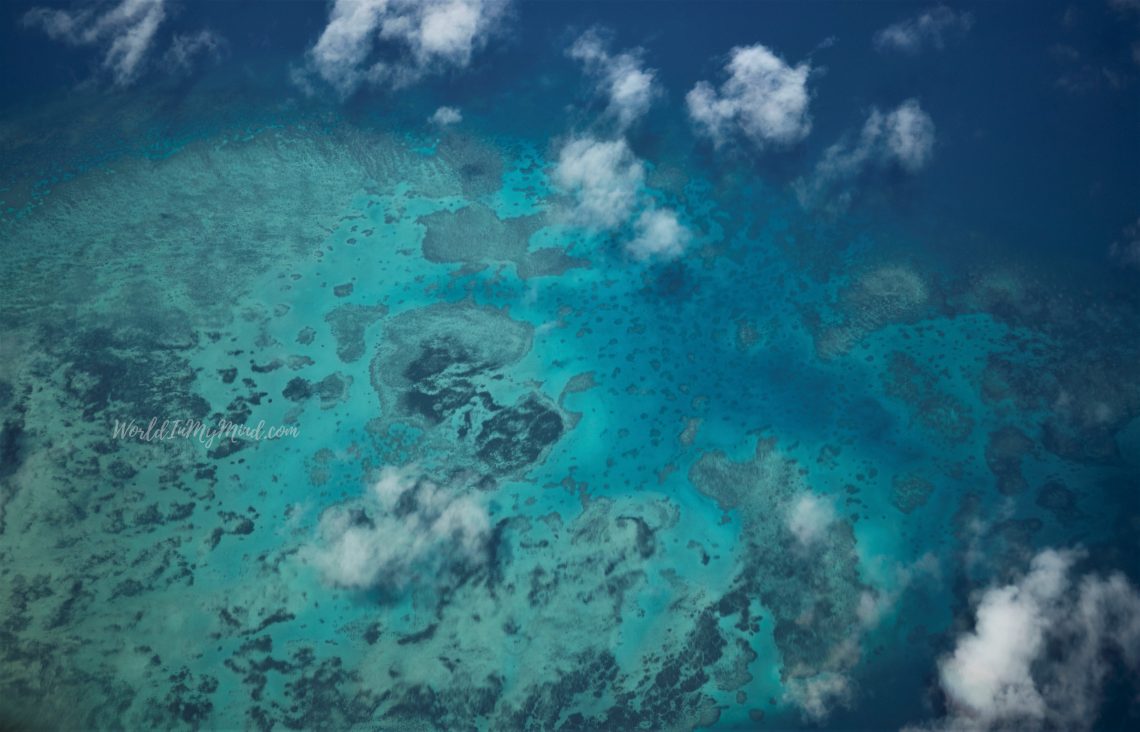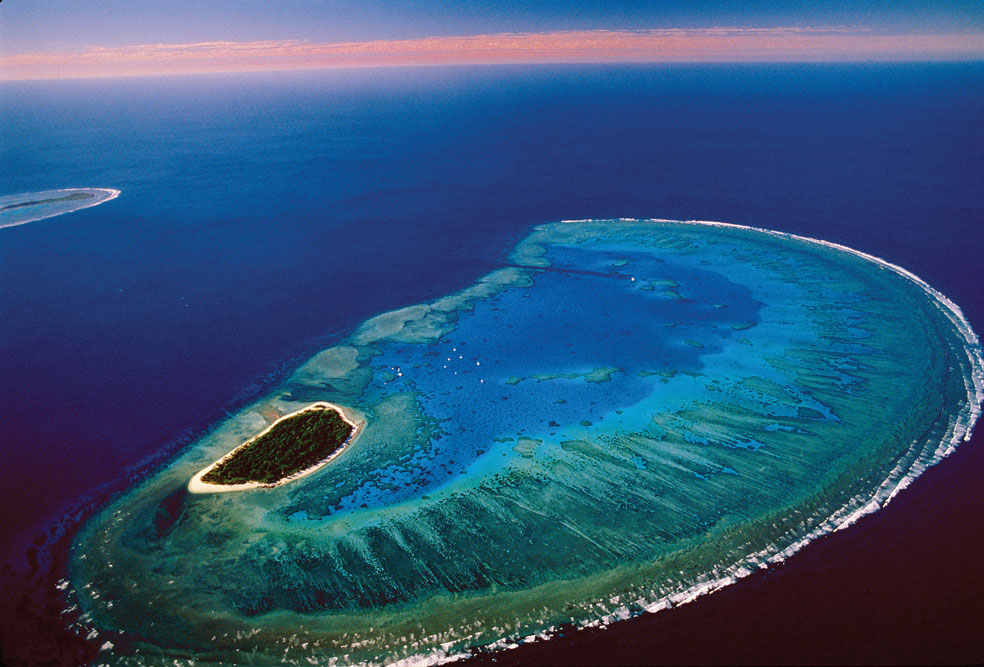The great barrier reef is at least 500 000 years old since coral reefs have existed for nearly 500 million years this reef is considered relatively young its development having started after that last ice age

The Age and Development of the Great Barrier Reef
The Great Barrier Reef, located off the coast of northeastern Australia, is undoubtedly one of the most captivating and diverse natural wonders on our planet. As astonishing as it may seem, this breathtaking coral reef is at least 500,000 years old. Although this may sound ancient to us, it is considered relatively young in comparison to the overall existence of coral reefs, which dates back nearly 500 million years.
To put it into perspective, the development of the Great Barrier Reef began after the last ice age. As temperatures rose and the ice melted, sea levels began to rise, creating suitable conditions for the growth and formation of coral reefs. This remarkable geological event laid the foundation for the birth of the Great Barrier Reef as we know it today.
The Great Barrier Reef stretches over 2,300 kilometers (1,430 miles) and covers an area of approximately 344,400 square kilometers (133,000 square miles). This vast ecosystem is made up of nearly 3,000 individual reefs and is home to an impressive array of marine species, including more than 1,500 species of fish, 400 species of coral, and countless other organisms.
It is important to note that the Great Barrier Reef is more than just a stunning natural wonder. It holds immense ecological significance and provides a multitude of benefits to both the marine environment and nearby communities. Not only does it support a diverse ecosystem, but it also acts as a natural barrier, protecting the coast from erosion and storm damage.
Due to its age and ecological importance, the Great Barrier Reef has been recognized as a UNESCO World Heritage Site since 1981. This prestigious designation acknowledges the reef’s exceptional universal value and emphasizes the need for its preservation and protection for future generations to enjoy.
However, despite its resilience and ancient history, the Great Barrier Reef faces numerous threats that compromise its long-term survival. The warming of the oceans, pollution, overfishing, and the acidification of seawater due to increased carbon dioxide levels pose significant challenges to the reef’s delicate ecosystem.
Efforts are being made by governments, environmental organizations, and researchers to mitigate these threats and preserve the unique biodiversity of the Great Barrier Reef. Strict regulations and conservation measures have been implemented to manage human activities in the surrounding areas and reduce the impact on the reef.
In conclusion, the Great Barrier Reef’s age of 500,000 years may seem relatively young compared to the overall existence of coral reefs over the past 500 million years. Nevertheless, its rich history and diverse ecosystem make it a true natural wonder that we must protect. Only through collaborative efforts can we ensure the longevity of this remarkable reef for generations to come.


Sources:
Tags
Share
Related Posts
Quick Links
Legal Stuff

